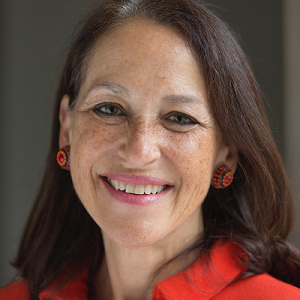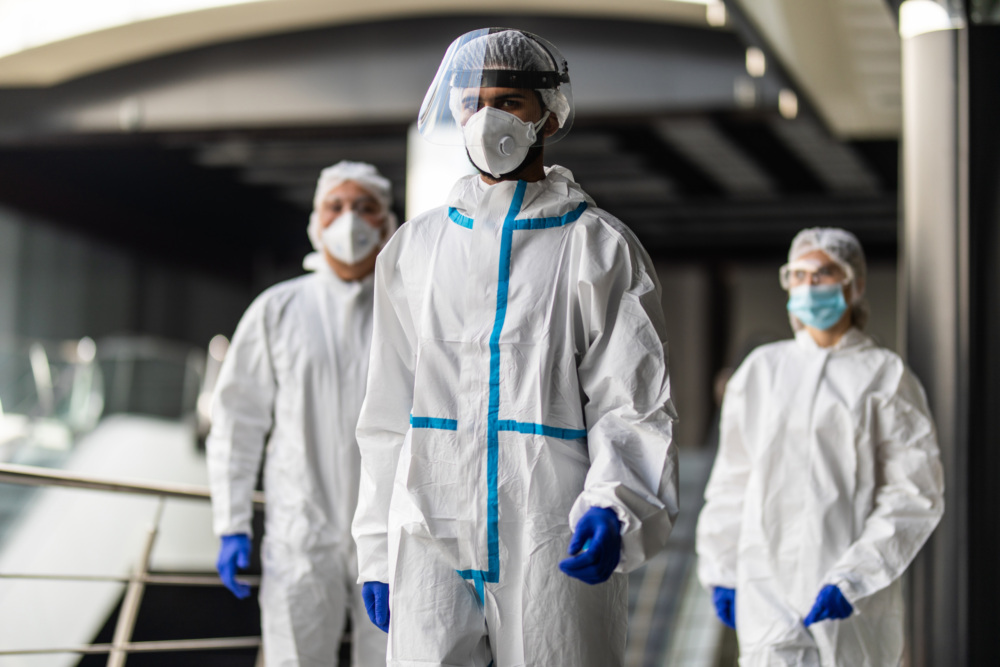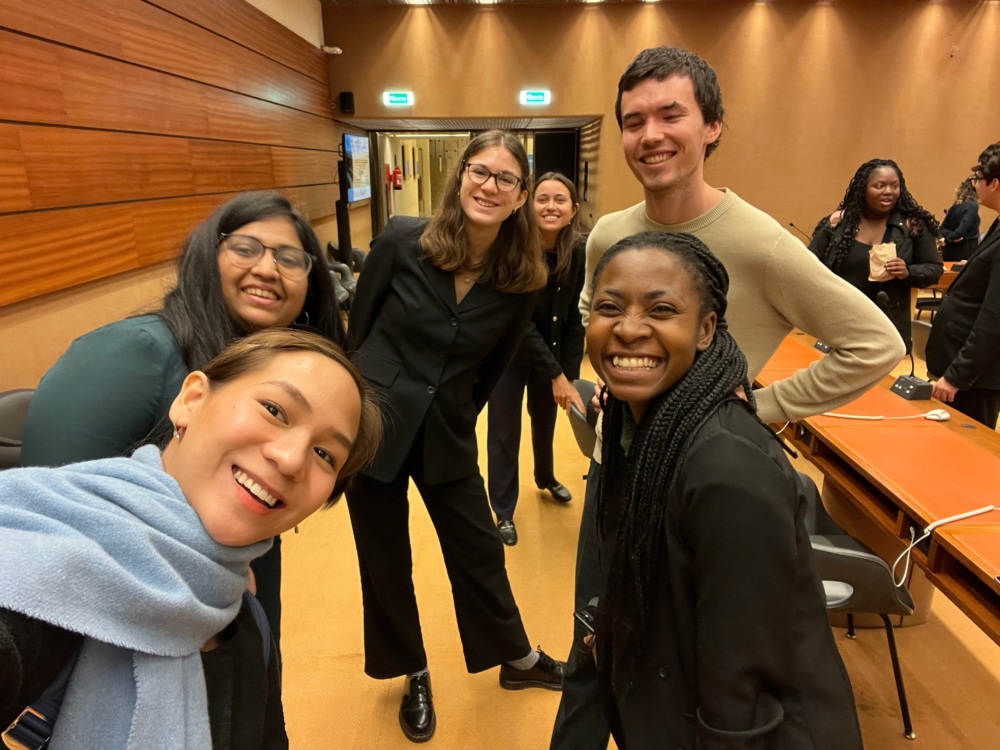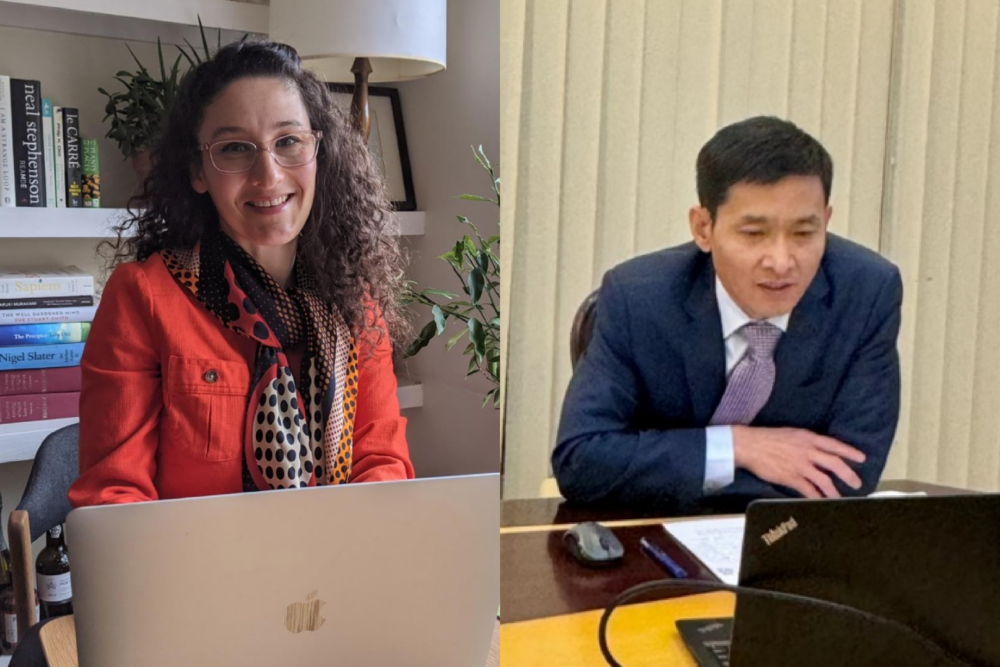
Margaret Hamburg, M.D.
Co-president, InterAcademy Partnership
About the image
Statement by Dr. Margaret A. Hamburg and Ernest J. Moniz.
Last week, three months after the first monkeypox diagnosis in the United States, the White House declared monkeypox a public health emergency and named a national response coordinator. This week, plans were announced to stretch limited available vaccine doses in an effort to cover at-risk populations, a strategy whose efficacy is still debated. This is progress but falls well short of a proactive, comprehensive strategy building from an established playbook. The halting response to monkeypox is emblematic of broader failures to adequately prepare for pandemics, both in the United States and internationally.
The lack of urgency and political will by the United States and other governments to proactively invest sufficient attention and resources in pandemic preparedness is alarming and inexcusable—especially as increasingly devastating biological risks loom on the horizon, including those involving engineered biological agents.
The World Health Organization (WHO) recently declared monkeypox a public health emergency of international concern, a designation intended to draw high-level attention and mobilize resources, which should signal national governments to take urgent steps to contain this growing epidemic. But this announcement—the seventh since 2009—took place against a backdrop of continued failures globally to invest in pandemic preparedness capabilities. The second Global Health Security (GHS) Index—jointly developed by NTI and the Johns Hopkins Center for Health Security—showed essentially no progress over a two-year period in global preparedness to manage pandemics, despite the immense health, social and economic devastation of COVID-19.
The GHS Index shows that countries around the world lack basic capabilities to detect and respond to emerging pandemics. The Index also shows that even countries with many of the needed tools for effective detection and response, such as the United States, are too reactive, have critical gaps in their public health systems, and lack sufficient public trust in government.
The slow response to monkeypox in the United States and elsewhere should sound familiar from the early experience with COVID-19: unacceptable lag times in scaling up testing and in providing safe and effective vaccines to populations that most need them. This, coupled with a failure to provide adequate health care services and clear and consistent guidance to at-risk populations, creates the real possibility that the virus will continue to spread unchecked and become endemic in new regions.
There’s no question that some countries don’t have the resources to take immediate action, and the monkeypox pandemic underscores these ongoing inequities. Governments and financial institutions with the means are not providing the attention and support for pandemic preparedness until it hits close to home—and until the 11th hour. That’s why it is imperative to support critical capacity building in countries most in need, and to build sustainable pandemic preparedness capabilities now so they can be deployed when the next public health emergency inevitably arises. The newly established World Bank Financial Intermediary Fund for Pandemic Prevention, Preparedness and Response can help address this need, but wealthy countries need to step up and fund this at the scale necessary to achieve its goals. Investing in global pandemic preparedness is prudent because it ultimately protects populations closer to home.
The current monkeypox epidemic serves as a powerful reminder that in our modern, interconnected world, we should not neglect disease outbreaks wherever they occur. No matter how remote they may seem, they can be in our own backyards within a short period of time and are best controlled as close to the source as possible. The national security community has long understood the importance of “forward defense,” especially in the age of global terrorism. It’s time that national and global leaders do as well in this age of global public health emergencies of international concern.
Sign up for our newsletter to get the latest on nuclear and biological threats.
NTI | bio will bring a 2024 Next Generation Biosecurity Delegation of early-career professionals to the Biological Weapons Convention (BWC) meetings from August 19 – 23.
NTI | bio convened more than 25 high-level biosecurity professionals, AI experts, and policymakers for the inaugural meeting of the International AI-Bio Forum.
The China Arms Control and Disarmament Association and NTI jointly convened a virtual Track II Dialogue, a forum to promote mutual understanding among Chinese and U.S. experts about urgent and emerging biosafety and biosecurity risks.



